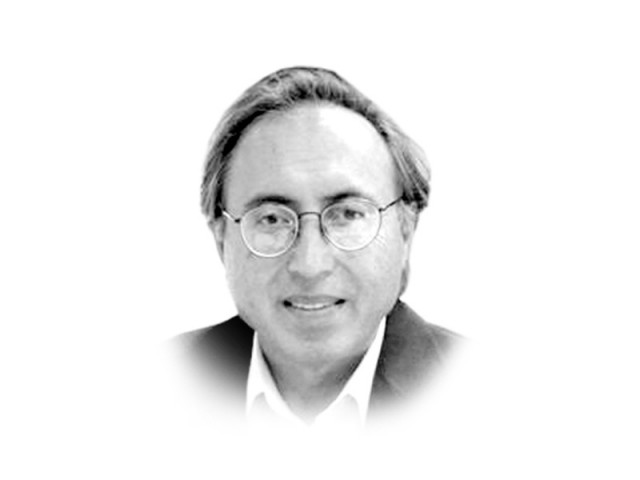Political patterns: no change
Divide, fragmentation of Pakistan’s political landscape requires 2 major parties to build coalition in next...

Political patterns: no change
Any pragmatic political leader will find it difficult to ignore two political facts regarding Pakistan today. The first is that the era of strong national parties with nationwide support appears to be over, at least, for now. This is also a trend that we are witnessing in India. There are many reasons for the fall of national parties but chief among them are strident local voices, weaker consensus on how to address national issues and general distrust of old political parties and leaders.
The second reason is that political factions, groups and parties with regional bases have used localism and regionalism to strengthen their base. The ANP and the MQM are two such parties, along with nationalist groups in Sindh and Balochistan. Factionalism takes a different shape when we factor in the individual base of a large number of elected members of legislatures from Balochistan, Fata, interior Sindh and southern Punjab. The divide and fragmentation of Pakistan’s political landscape require the two major parties to build larger, wider and stronger coalitions across the four provinces, Gilgit-Baltistan and Fata for better chances of forming the next government.
The PPP has greater advantage of incumbency, state resources for political patronage and a network of alliances of parties and groups that have stood with it through many difficult situations that the party has faced in the past four years. The coalition, led by the PPP, clearly sees a greater benefit in staying together instead of parting their ways. The same logic will apply to their election strategy next year.
The PPP’s image, due to the poor performance of the Gilani government, has suffered a great deal but what impact it will have on the constituency-driven politics is yet unclear. Provincial and federal legislators will receive greater resources in the next budget, which is a time-tested instrument for keeping the supportive constituencies intact. Also, the PPP has already used a new province card in southern Punjab to bring itself closer to the ethos of the Seraiki populations.
The PML-N leadership, on the other hand, has considerable territory to cover. Its decade-long absence from Pakistan allowed its rivals greater political and social space than it could achieve due to limiting circumstances created by General Pervez Musharraf and his political strategy of fragmenting the national parties. While trying to retain its hold in Punjab, its true political base, it attempted to reach out to the Sindhi nationalists and will do the same in the case of the Baloch nationalists. Its attempts to do so have bore some fruit through the merger of the Sindh National Front led by Mumtaz Ali Bhutto, but to what extent is this likely to affect the constituency of the PPP is unknown. My gut feeling is very little or none. The PPP continues to retain its Sindhi base. An ordinary Sindhi is emotionally attached to the Bhuttos — a legacy that Asif Ali Zardari has skilfully acquired and sustained. He is not banking on emotions alone; he has worked hard on retaining his network of alliances among the Sindhi landowning families.
At the moment, no change in Pakistan’s political pattern is visible. However, it is a political necessity for the PML-N to show that it is not a Punjab-based party and an alliance with Sindhi nationalists may just carry that symbolic message.
Published in The Express Tribune, May 17th, 2012.













COMMENTS
Comments are moderated and generally will be posted if they are on-topic and not abusive.
For more information, please see our Comments FAQ